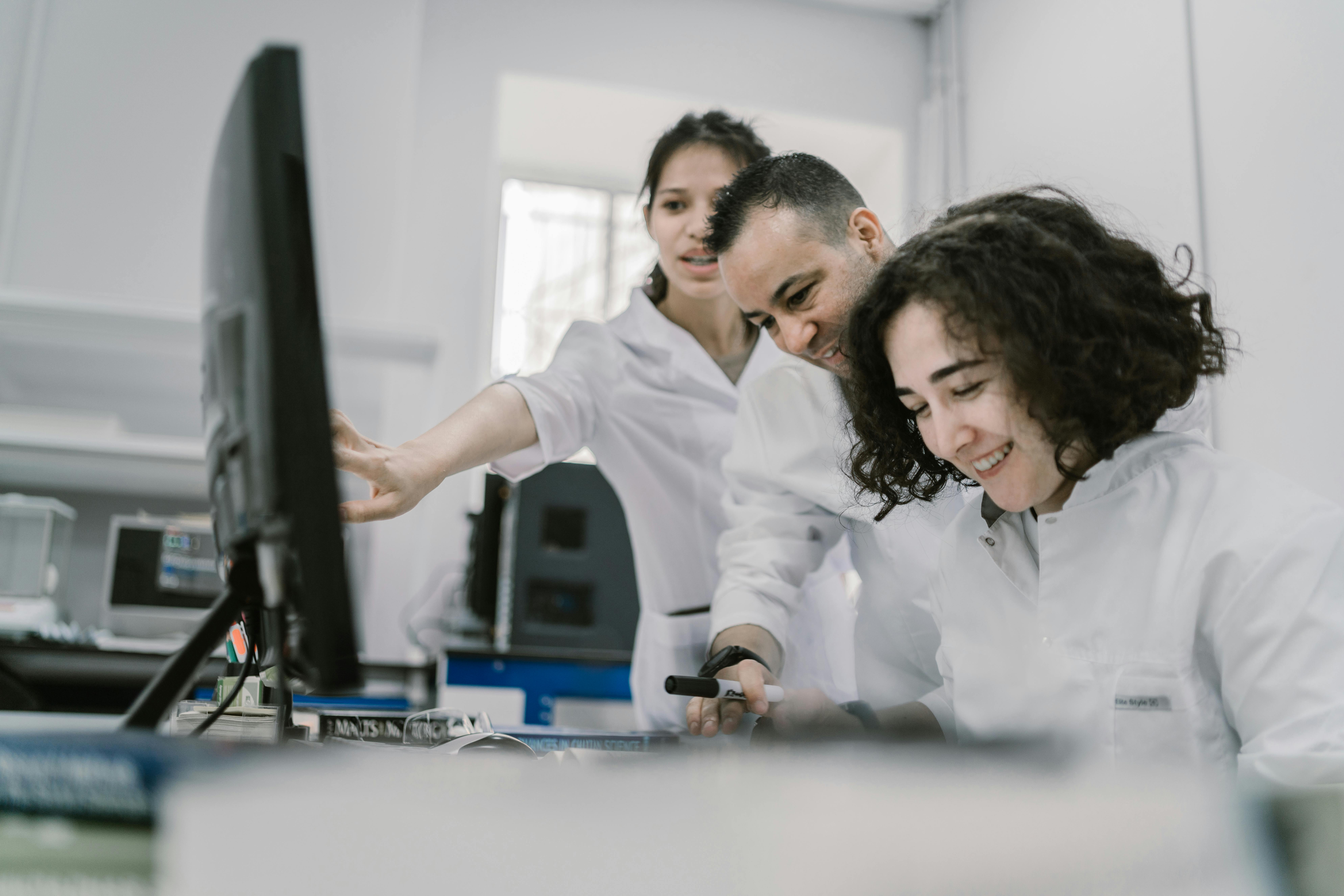
Undergraduate Research Opportunities Fuel Early Innovation
Curiosity drives many students to seek more than what lectures and textbooks offer. Through undergraduate research, students take an active role in real projects that challenge them to investigate new ideas and solve problems in creative ways. This practical experience lays a strong foundation for future academic and professional pursuits, while also encouraging fresh perspectives and innovative thinking. By participating in research, students can connect classroom knowledge to real-world applications, discover personal interests, and develop valuable skills that will benefit them throughout their studies and beyond. The process not only enriches their education but also brings excitement and depth to their university experience.
Starting early in research provides students with chances to meet like-minded individuals, work alongside experienced mentors, and experiment with ideas that can transform the future. By working on projects that stretch the imagination, students find new ways to address problems, discover unexpected connections, and build a strong foundation for both academic and professional success.
Research Opportunities for Undergraduates
Undergraduate research opportunities appear in many forms. Students can venture into a variety of projects ranging from experiments in a lab to theoretical studies on a computer. Many programs offer the chance to work on university-funded projects, connect with research labs, or even partner with organizations outside the campus. This work often leads to discoveries that might change how we look at common problems.
Different types of research experiences help students build skills such as critical thinking and problem solving. They allow students to see the process of investigation firsthand, encouraging a practical approach to learning. Some examples include the following:
- Lab-based experiments in scientific fields
- Theoretical studies in mathematics or social sciences
- Field research that involves gathering data from real-world settings
- Interdisciplinary projects combining multiple subjects
- Community-focused research that addresses local issues
Benefits of Participating in Research Early
This type of hands-on experience builds confidence in problem solving and improves practical skills. Working closely with mentors and experts allows students to see how their work impacts a broader context. Early research helps students deepen their understanding of subject material and can reveal interests they might not have noticed before.
By involving themselves in research during undergraduate studies, students find benefits such as:
- Enhanced critical thinking and analysis skills
- Opportunities for networking and collaboration
- Practical experience that supplements classroom learning
- Exposure to cutting-edge technologies and ideas
- An improved academic resume that stands out when applying to advanced programs
Ways to Get Involved in Research
Finding research opportunities can feel like a quest for hidden treasure. Many campuses have resources dedicated to matching students with projects that fit their interests. Taking proactive steps and engaging with faculty members can open doors and lead to new directions for inquiry. Here are some actionable steps to guide you:
- Talk with your professors and advisors about ongoing research projects in your department.
- Visit your campus research office or website to look for available programs and internships.
- Reach out to graduate students and lab managers who can share insights from their own experiences.
- Attend research fairs and seminars to learn about topics that spark your curiosity.
- Prepare a brief pitch highlighting your strengths, interests, and willingness to dive into a project.
Taking these steps will help you find a project that matches your interests and build your confidence in presenting yourself as an eager researcher. This proactive approach can lead to opportunities that might not be advertised widely.
Exciting Projects and Their Effects
Many innovative projects involve undergraduate researchers. Some projects incorporate new technologies in fields like biotechnology and computer science, while others focus on social studies aiming to understand changing community dynamics. Students work alongside experienced researchers to uncover hidden details and test new ideas that can lead to meaningful change.
An exciting aspect of these projects is how they change the way problems are viewed and solved. When students experiment with new methods, they often contribute unique solutions to long-standing challenges. Their ideas can influence future research directions and even inspire changes in public policy or business practices. This hands-on involvement teaches students to communicate their findings clearly and consider the wider impact of their work.
Overcoming Challenges in Research
Every research journey includes obstacles that may slow progress and test commitment. Students often face challenges like managing time between classes and projects, dealing with unexpected results, or learning new technical skills on the fly. Approaching these issues with curiosity and determination helps reduce setbacks' effects.
Simple solutions often make the biggest difference. For example, building a strong support network among peers and mentors can ease the pressure during challenging research phases. Seeking help from lab colleagues or joining study groups can bring fresh perspectives that lead to breakthroughs. Additionally, organizing time effectively and setting small, achievable goals can keep research projects on track despite setbacks.
This deep dive into research allows students to confront challenges directly and grow from the experience. Each difficulty faced becomes a lesson learned, preparing them for future academic or professional projects that may require similar resilience and creativity.
Undergraduate research builds practical skills and sharpens critical thinking. This experience opens new academic opportunities and encourages curiosity.